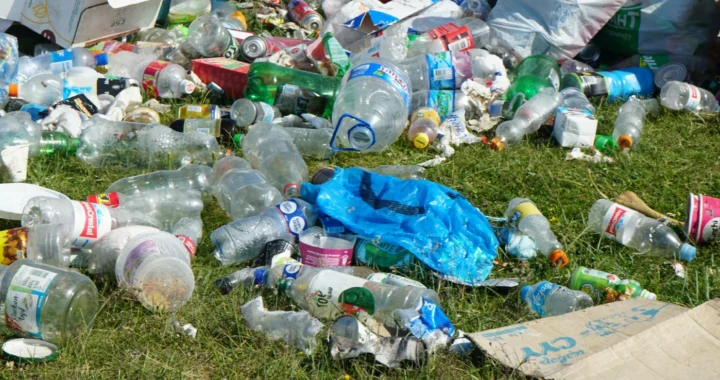Menstrual Taboo Is Keeping Girls Out of School

Photo by cottonbro studio on Pexels
Menstruation is a natural biological process. Yet, it continues to be surrounded by stigma and misinformation in many parts of the world, creating the menstrual taboo. The deep-rooted taboos do not only impact social perceptions but also create barriers to girls’ education, keeping them out of school.
Understanding Menstrual Taboo
In many cultures, menstruation is perceived as unclean or shameful. Beyond the social repercussions, this stigma can discourage open discussions and education about menstrual health.
A study revealed that many school girls hesitate to talk about menstruation due to fear of judgment and embarrassment, even with their own mothers. The stigma extends beyond girls, as more than 1 in 3 boys (37%) believe periods should be kept a secret, further deepening the taboo.
The roots of menstrual taboo commonly lie in cultural and religious beliefs that label menstruation as impure. In Nepal, for example, the Chhaupadi practice forces women and girls to isolate themselves in mud huts or sheds during their periods, away from daily activities. This taboo affects at least 89% of Nepali girls and women and limits their freedom in life.
Challenges in Education
The menstrual taboo not only affects girls’ social lives and creates significant barriers, especially in education. In many schools, discussions about menstruation are limited or even entirely absent, leaving students uninformed about menstrual health.
According to UNICEF, 71% of adolescent girls in India are unaware of menstruation until their first period. Without accurate knowledge, these girls experience confusion, fear, and shame, making it difficult for them to manage their periods confidently in school settings. The lack of knowledge also contributes to the underdiagnosis of menstrual disorders and other related conditions. This often leads to lifelong health issues that could otherwise be managed.
Additionally, inadequate sanitation facilities make it even harder for girls to attend school during menstruation. Many schools lack proper toilets, clean water, and disposal methods for menstrual products.
UNESCO reports 1 in 10 girls misses school during their menstrual cycle due to a lack of access to menstrual products. Similarly, in Uganda, this issue is even more severe, with 63.8% of girls citing poor sanitation facilities as the primary reason for missing school, affecting both their education and self-confidence.
Breaking the Taboos
Addressing menstrual taboo in education requires a combination of comprehensive menstrual health education and improved facilities.
Schools must integrate comprehensive menstrual health education into their curriculum to dispel myths and normalize discussions about periods. Menstruation-related dialogues should be encouraged by society to improve the widespread understanding of it. This will also enable and encourage girls to seek medical help should they need it. In Zambia, for instance, the government introduced Menstrual Health Management (MHM) as part of the school curriculum, encouraging open discussions about menstruation and promoting gender equality in education.
Furthermore, improving sanitation facilities is also crucial in ensuring that menstruation does not disrupt girls’ education. Governments, NGOs, and businesses should collaborate to provide menstrual health and hygiene management facilities, including clean toilets, safe disposal methods, and access to affordable menstrual products. Taiwan, for example, has begun offering free period products in schools and universities to support students.
Gender Equality and Women’s Empowerment
Periods should be recognized as a natural part of life, free from shame and limitations. When girls are empowered with knowledge, resources, and a stigma-free environment, they can focus on their education without unnecessary obstacles. Breaking the taboo around menstruation is a crucial step toward a world where girls and women are free to pursue life and create a better future for themselves, their communities, and the planet.
Editor: Nazalea Kusuma & Kresentia Madina


 Finally Enforced: Understanding the UN High Seas Treaty
Finally Enforced: Understanding the UN High Seas Treaty  Risks and Opportunities of Submarine Communication Cables for Sustainable Development
Risks and Opportunities of Submarine Communication Cables for Sustainable Development  Rising Attacks and Violence Against Land and Environmental Defenders
Rising Attacks and Violence Against Land and Environmental Defenders  Unveiling Potential Technological Risks amid Global Crises
Unveiling Potential Technological Risks amid Global Crises  Waste-to-Methanol, a Potential Sustainable Solution for Waste and Energy
Waste-to-Methanol, a Potential Sustainable Solution for Waste and Energy  In Peru, Stingless Bees Are Granted Legal Rights
In Peru, Stingless Bees Are Granted Legal Rights